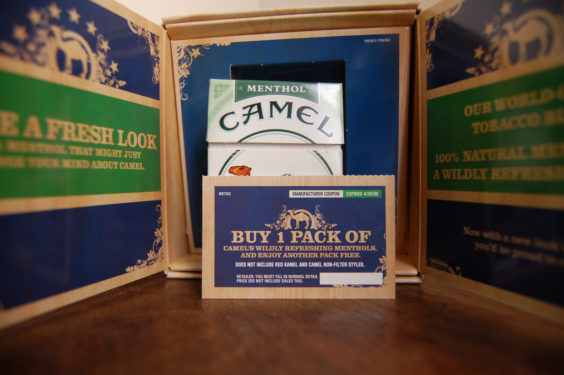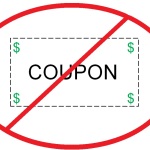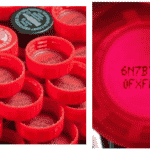
Use ’em if you got ’em – a federal judge has upheld a local ban on coupons that some say could be a model for other cities across the country.
Now, before you run to the grocery store in a panic, know that the ban only applies to tobacco products sold in New York City. So if you don’t smoke, that’s a relief. But beware the slippery slope – the rationale behind the ban now gives jurisdictions the legal precedent to ban coupons on just about anything they don’t want you to buy – soda, chips, cookies, sugary cereal… and the list goes on.
The issue that made its way to a federal court this week, was a New York City law that sets a minimum price on tobacco products, and prohibits retailers from selling them for any less. That means no promotions, no sales – and no coupons. Retailers that accept coupons in violation of the ordinance, can be fined $1,000 for the first offense, $2,000 for a second offense within a five-year period, and $5,000 for a third offense. They also risk having their license to sell tobacco products suspended or revoked.
The idea, as you might expect, is to discourage tobacco use. Sponsors of the measure cited evidence that higher tobacco prices reduce consumption, particularly among young people. They also cited a 2011 study showing that 25% of New York City smokers who were attempting to quit, used a coupon or other discount on their last purchase, saving an average of $1.25 per package of cigarettes. “Discounts entice consumers, including price-sensitive youth, to purchase deadly and highly addictive products,” the law’s authors stated.
So rather than raising tobacco prices by imposing more taxes, the measure seeks to keep prices high by banning any form of discounts.
And that’s what a consortium of tobacco companies and retailers objected to, when they filed suit earlier this year in federal court, arguing that the law violates their free speech rights. Coupons, they contended, are a form of commercial speech that “communicate discount pricing and deal information to consumers.”
Sponsors of the law argued that the measure does not prevent companies from issuing coupons, it only prevents retailers from accepting them – a position that opponents called “frivolous.” In an amicus curiae brief filed in support of the plaintiffs’ case, the Washington Legal Foundation argued that “a coupon is not capable of conveying its intended ‘try me’ message if the recipient of the coupon is not permitted to use the coupon to obtain the advertised product.” As for the fear that coupons could encourage underage tobacco use, the group argued that “the inevitability of some coupons falling into the hands of adolescents cannot justify suppressing an entire avenue of communication between the Plaintiffs and adult smokers.”
Ultimately, a federal judge on Wednesday let the law stand as is, disagreeing that coupons constitute free speech. Furthermore, in a bit of head-spinning circular logic, the judge ruled that the coupon ban is legal because the law at issue says so: “The offers that are restricted by the ordinance are offers to engage in an unlawful activity – namely, the sale of cigarettes and tobacco products below the listed price. Thus, the ordinance lawfully prohibits retailers from offering what the ordinance explicitly forbids them to do.”
In other words, coupons are not allowed, because the very law that the plaintiffs are challenging says they’re not allowed. It’s the same logic that a federal appeals court made last year, when upholding a similar law in Providence, Rhode Island.
So what does any of this mean for non-tobacco users who don’t live in New York or Providence? Some health advocates are already citing the tobacco coupon bans as a model for discouraging other not-good-for-you purchases. A public health researcher recently proposed a similar ban on coupons and discounts on soft drinks. “Banning the redemption of coupons and multipack discounts reduces tobacco use among price-sensitive individuals and especially among young people,” wrote Temple University’s Jennifer L. Pomeranz. “The same rationale is applicable to sugary beverages.”
And after tobacco and soft drinks, why stop there? There are plenty of other things that are bad for us, that lawmakers might want to prevent us from using coupons or getting discounts on. And now they have two precedents on their side, stating that banning coupons is perfectly legal, as long as they pass a law that says so.
Maybe there was something to that “Coupons No Longer Accepted in U.S. Stores Starting July 1, 2014″ story after all.















